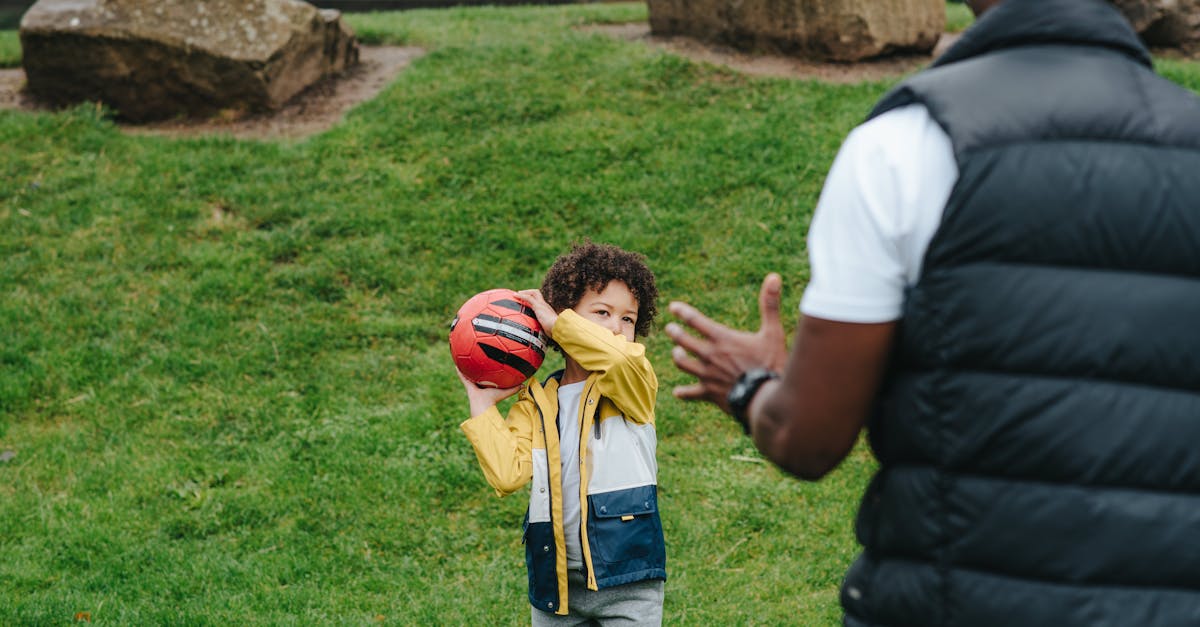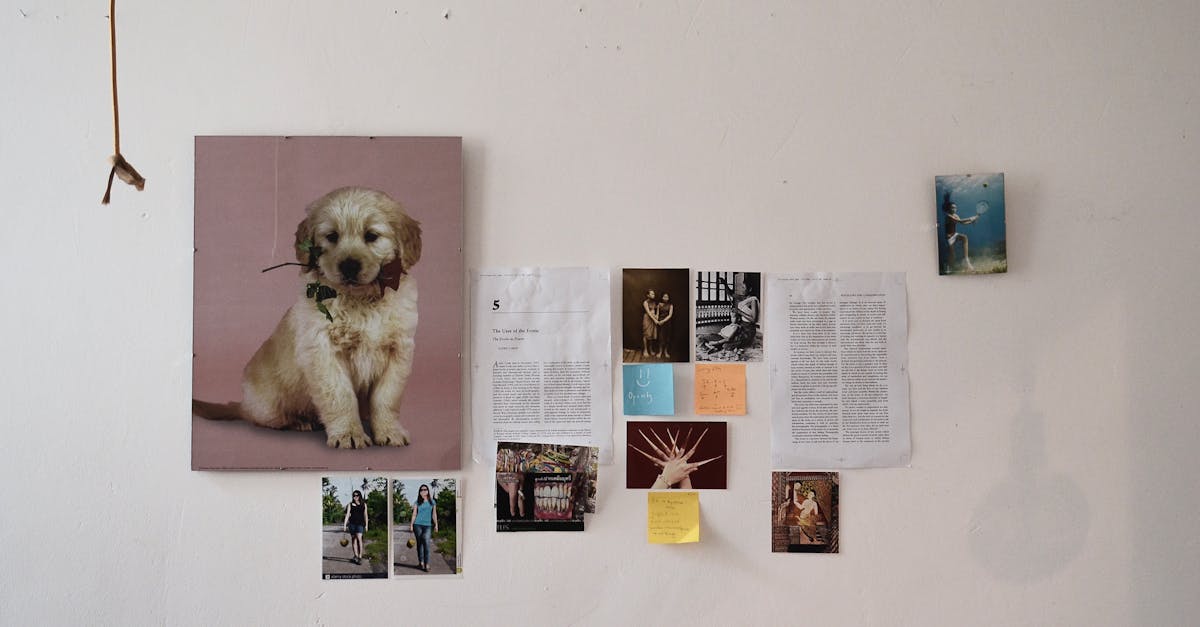Understanding Empathy: The First Step
Empathy isn’t just a buzzword; it’s a seed from which kindness grows, especially in little ones. You’ve seen it—the tug on your heartstrings when they share their last cookie. But how do you nurture this in preschoolers?
Start by naming emotions. ‘Sad’, ‘happy’, or ‘frustrated’ aren’t just words; they’re signposts for empathy. Then, make connection games a part of daily life. ‘How do you think that made your sister feel?’ Suddenly, they’re not just siblings; they’re empathy detectives.

The Magic of Role Modeling
Remember when you picked up that spider and calmly put it outside, despite your inner urge to scream? That was role modeling gold. Kids are always watching, absorbing how we treat others. Show kindness to yourself, to them, to strangers. Apologize when you mess up. It’s like setting up live demos of kindness. Plus, throwing in stories of kindness heroes can light up their imagination. Suddenly, sharing isn’t just nice; it’s a superpower.

Kindness as a Family Value
Kindness isn’t just an action; it’s a vibe. And your home is the perfect incubator. Start a kindness chart or a jar where you drop in pom-poms for acts of kindness. Have weekly kindness challenges. Make it fun, make it visible. When kindness becomes as routine as morning cereal, you’re on to something. Discussing values during dinner or storytime can turn them into family lore.

Navigating Sibling Rivalry with Love
Ah, the age-old tale of sibling rivalry. It’s not just a challenge; it’s an opportunity disguised in loud arguments over toys. Guiding kids through these moments with empathy is key. Teach them to understand each other’s perspectives. ‘How would you feel?‘ can be a powerful question. Setting up sharing schedules or encouraging them to pick out gifts for each other can turn rivalry into camaraderie. Suddenly, they’re not just siblings; they’re allies in kindness.

Sharing is Caring: Practical Tips
Sharing is indeed caring, but let’s face it, it’s also a preschooler’s Everest. Practical steps like turn-taking timers or ‘sharing toys’ can demystify this peak. Encourage them to talk about their feelings and frustrations. ‘I know it’s hard to share your favorite toy, but how can we make it fair?‘ Dialogues like these turn sharing dilemmas into problem-solving quests.

Cheering Each Other On: Celebrating Kind Acts
Every act of kindness deserves a cheer, and not just the silent kind. Celebrate these moments loudly. Set up a ‘kindness wall’ where you post about the acts of kindness they’ve done. Make it a ritual to talk about one kind thing everyone did at the end of the day. It’s like being the audience to their kindness journey, and applause is always welcome. Suddenly, kindness isn’t just good; it’s celebrated.

